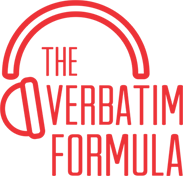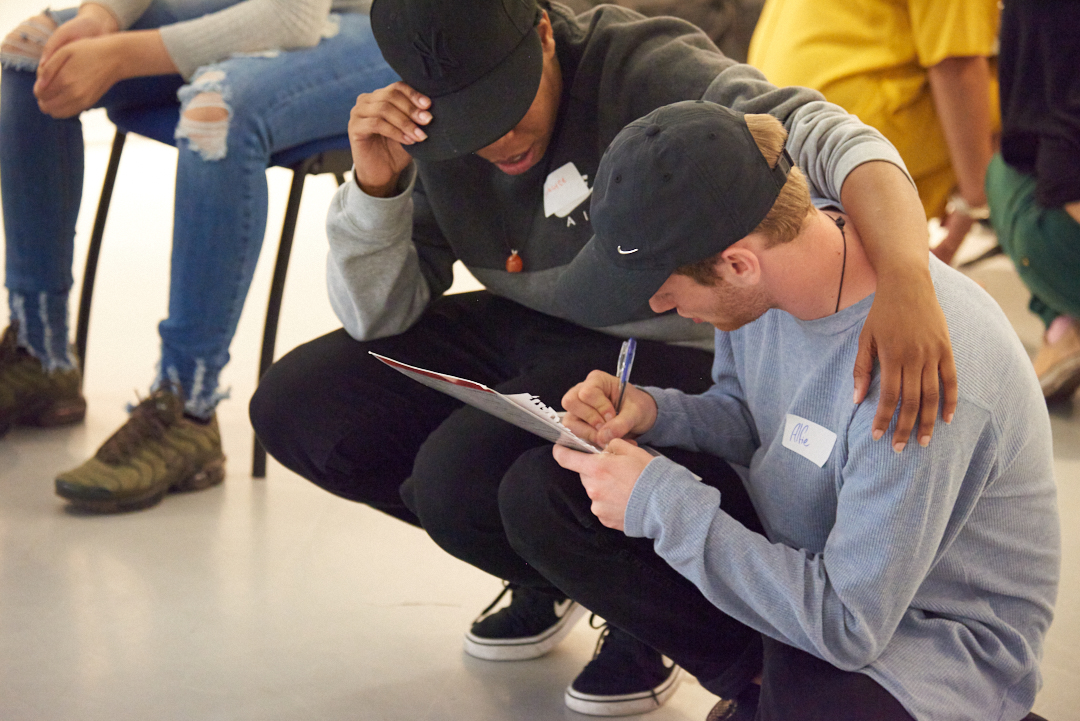*By Sadhvi Dar
Senior Lecturer in Corporate Social Responsibility/
What makes learning an empowering process? bell hooks has pioneered pedagogic frameworks for inclusive education, demanding that teaching is not merely about sharing information, but instead it is a vocation that must “share in the intellectual and spiritual growth of our students”. In this way, understanding with what our students know, what they desire, and experience in our places of teaching becomes an important part of empowering our students.
But how can we begin to understand our students, if we are not listening to what they are sharing (or not sharing) with us in the classrooms? University teaching staff are often provided with few opportunities to listen to students’ experiences beyond discussions lecturers have designed as part of their teaching plans or learning objectives. While this barrier to listening can be understood as directly linked to the stresses and demands of university workloads, there is another way of understanding this problem: as an institutional problem which fails to commit time and energy towards our own and our students’ intellectual and spiritual growth.
As educators and as university lecturers who understand the need for education that fully recognises challenges students face and wants to understand how marginalised students experience universities, we have developed theatre techniques to create spaces for heightened listening and for relating to our students differently.
The Verbatim Formula is a participatory project that recognises the important of listening to help create conditions that can empower students. The name of the project comes from its application of verbatim theatre techniques. Verbatim theatre is a specific kind of performance in which real testimonials or interviews with people are performed to an audience. TVF adapts this technique to perform interviews and testimonials of students from deprived backgrounds and young people in care. These testimonials are performed live and anonymously, to people working in universities, government departments, and local authorities.
By asking that university and local authority staff stop, sit in community, and hear the testimonies of marginalised groups, TVF makes space for listening. Performances have had an emotional impact on audience members. For example, audiences have reflected how performances are a “positive and empowering experience” and others have noted the way TVF can “increase empathy and awareness amongst people who don’t have personal experience of [care].”
This kind of self-reflection is key to reminding us all about the need for more caring and care-full relations in educational institutions. Again, bell hooks provides a steer here, describing what she calls an approach to teaching that is holistic and centres well-being so that educators are committed to a “process of self-actualization that promotes their own well-being if they are to teach in a manner that empowers students.”
TVF understands the empowering potential of listening and bringing diverse voices in conversation with one another.



